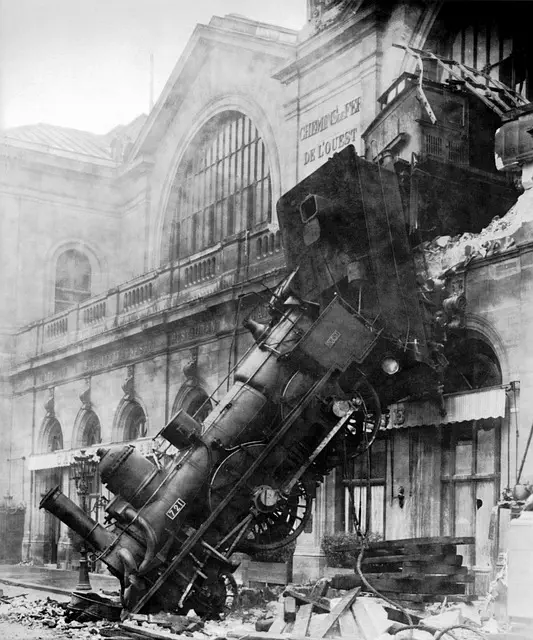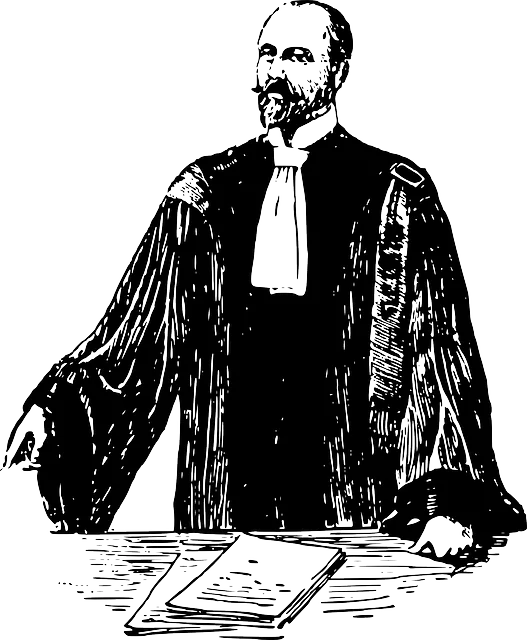Commercial Truck Accident Lawsuits pose complex legal challenges due to a mix of state and federal regulations. Victims must prove driver or employer negligence, including speeding, distracted driving, or safety log violations under Federal Motor Carrier Regulations. These cases require expert testimony, thorough investigations, and a deep understanding of liability rules specific to commercial vehicles. Commercial truck accidents are severe due to their size and weight, potentially causing significant damage and life-threatening situations. They involve various types of collisions and carry unique risks. Lawsuits focus on driver negligence, vehicle maintenance, and safety regulation compliance to determine liability.
Are you seeking justice and compensation after a taxi cab collision with a commercial truck? Understanding your legal options is crucial. This article explores commercial truck accident lawsuits, delving into the definition, common causes, and legal rights of victims. Learn essential steps to navigate these complex cases, from immediate actions after a crash to choosing competent legal representation and understanding available damages.
- Understanding Commercial Truck Accident Lawsuits
- – Definition and types of commercial truck accidents
Understanding Commercial Truck Accident Lawsuits

Commercial Truck Accident Lawsuits: Navigating Complex Legalities
When a commercial truck collides with another vehicle, such as a taxi cab, the aftermath can be devastating. These accidents often result in severe injuries and significant property damage. Understanding Commercial Truck Accident Lawsuits is crucial for victims seeking justice and compensation. The legal process involves meticulous investigation, expert testimony, and a deep understanding of liability rules specific to commercial vehicles.
In such cases, determining liability may rest on factors like driver negligence, vehicle maintenance, and compliance with safety regulations. Plaintiffs must prove that the truck driver or their employer was negligent in some way, leading to the accident. This can include charges of speeding, distracted driving, or failure to maintain proper logs, as per federal motor carrier regulations. The complexity arises from the varied jurisdiction of state and federal laws governing commercial trucking operations, necessitating a comprehensive legal strategy for successful claims.
– Definition and types of commercial truck accidents

A Commercial Truck Accident is a significant event involving a vehicle designed for transporting goods or passengers, often weighing over 10,000 pounds. These accidents can range from collisions with smaller vehicles like cars and taxis to incidents where the truck itself collides with fixed objects such as buildings or bridges. Given their size and weight, commercial trucks possess immense kinetic energy, leading to severe damage and potentially life-threatening situations.
Different types of Commercial Truck Accidents include rear-end collisions, sideswipes, head-on impacts, and rollovers. Each type carries unique risks and legal implications. For instance, a rear-end collision may be caused by a driver’s failure to maintain a safe following distance or brake in time. In such cases, a comprehensive investigation into the incident is crucial for determining liability, with Commercial Truck Accident Lawsuits often focusing on factors like driver negligence, vehicle maintenance, and compliance with safety regulations.
If you’ve been involved in a commercial truck accident, understanding your legal options is crucial. By familiarizing yourself with Commercial Truck Accident Lawsuits, you can navigate the complex landscape of compensation and justice. Remember that seeking professional guidance from a qualified Taxi Cab Collision Lawyer is essential to ensuring your rights are protected.
